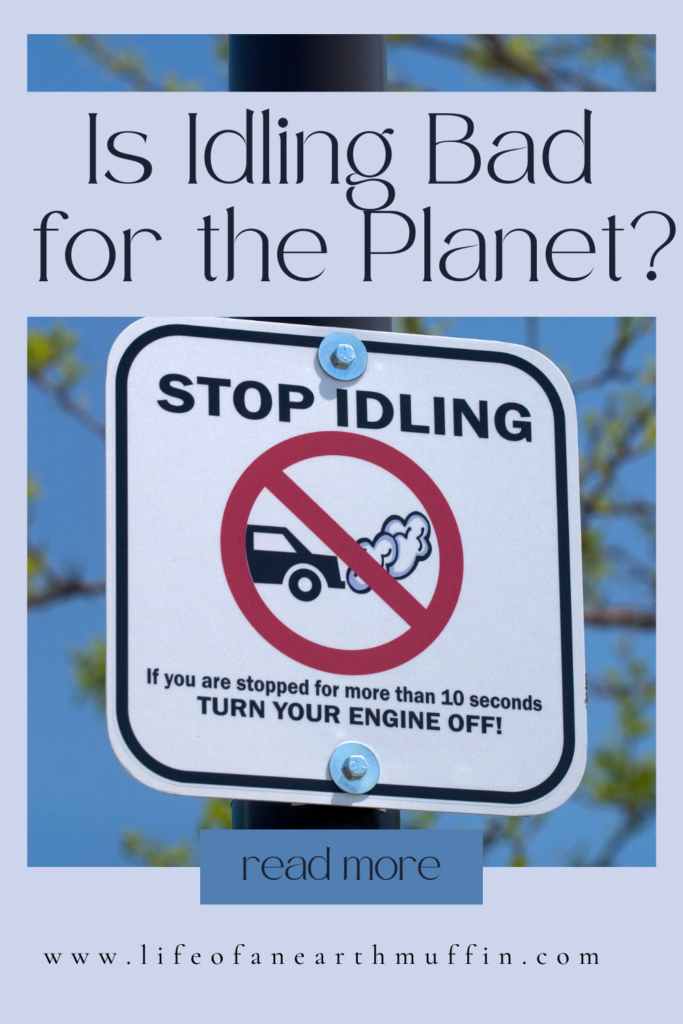Even with the rise of electric vehicles and hybrids, it doesn’t look like gas cars will be going anywhere in the near future. When driving, stop-and-go traffic, long drive-thrus, and waiting in the car are common scenarios. You may ask yourself: is it better to turn off the car or leave it idling? While idling may seem convenient, it has significant environmental impacts and can affect your vehicle’s performance and longevity. Let’s delve into why turning off the car is usually the better choice, both for your wallet and for the planet.

What is Idling?
“Idling” refers to running a vehicle’s engine when it is not moving. This can occur in various situations such as waiting outside a school, sitting in a parking lot, or pausing lengthy periods at traffic signals. You may find yourself idling in extreme temperatures as well if you find yourself running the air conditioner or heater in the driveway before you head on your way. The common myth is that restarting your car frequently can wear out the engine and use more fuel than idling. However, modern engines are designed to handle start and stops more efficiently, making this less of a concern.
The Negative Impacts of Idling:
There are multiple downsides to leaving your car idling. Some of the major ones are:
- Air Pollution: Idling engines contribute to air pollution, emitting exhaust containing harmful pollutants like carbon monoxide, nitrogen oxides, and particulate matter. These emissions are detrimental to human health (contributing to respiratory diseases, heart disease, and exacerbating asthma).
- Fuel Consumption: It wastes fuel. The U.S. Department of Energy estimates that personal vehicles in the U.S. waste about 3 billion gallons of fuel annually due to idling! This not only affects your fuel economy (costing you more money) but also increases your carbon footprint.
- Engine Wear: Contrary to popular belief, idling can actually increase engine wear-and-tear. It causes the engine to operate in an inefficient, incomplete combustion state, which can lead to the build-up of residues on engine parts like spark plugs and exhaust systems. This reduces your engine’s lifespan and performance over time.
Benefits to Turning Your Car Off Instead:
To avoid the negative effects of idling, it is recommended to turn your engine off whenever possible. Here are the benefits to turning your car off:
- Reduces Emissions: Turning off your engine when your vehicle is stationary for more than 10 seconds can significantly reduce harmful emissions. This simple action can improve air quality, particularly in crowded urban areas.
- Saves Fuel and Money: Restarting your car uses less fuel than leaving it idling for extended periods. Modern cars are equipped with start-stop technology that automatically shuts down and restarts the engine to reduce idling times, thus saving fuel.
- Decreases Engine Wear: Turning off your engine can help prevent the unnecessary engine run time that contributes to overall engine wear.

Overall, the benefits of turning off your car when not in motion far outweigh the benefits of leaving it idling. Turning off your car reduces air pollution, saves fuel, and minimizes engine wear, making it a preferable choice for both the environment and your wallet. Do you turn off your engine??
Love,
Jenna ♥





This is such an informative post! I appreciate everything you share here <3